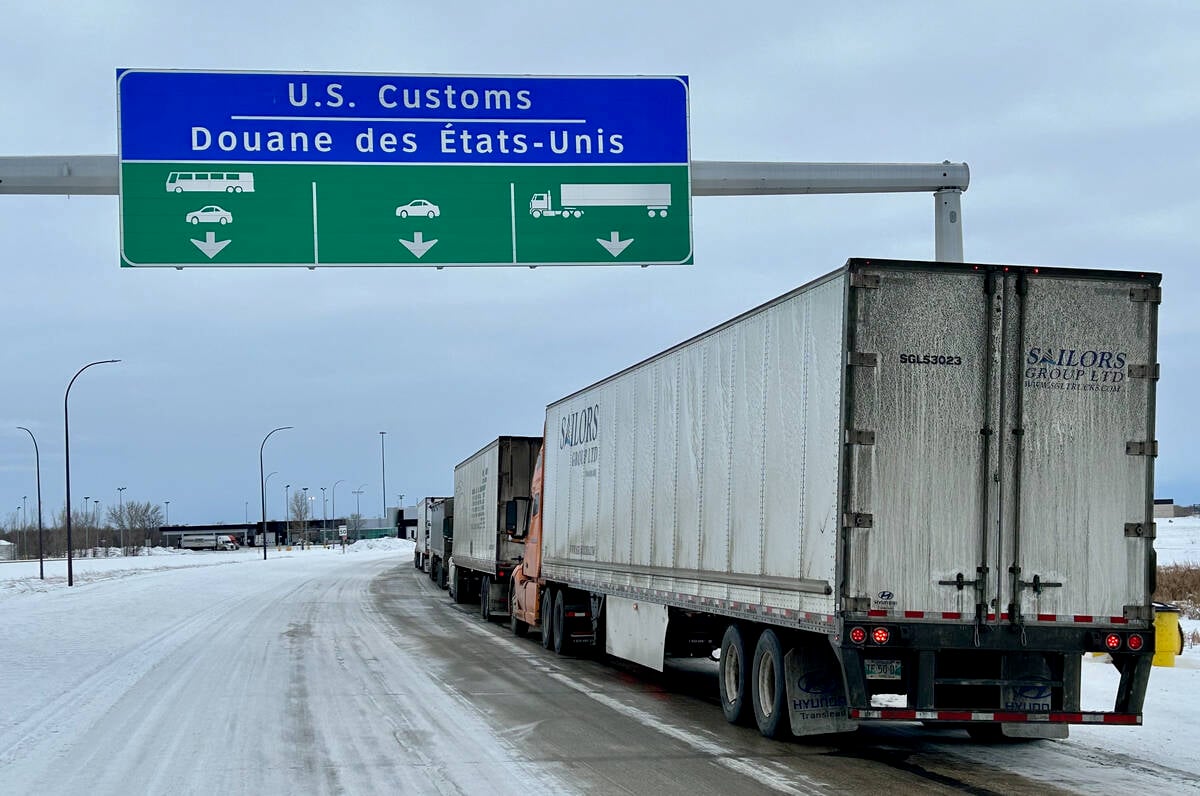Public awareness lacking | Video project touts farmers’ stewardship efforts
CARMAN, Man. — Farmers aren’t good at telling the public about the good sides of agriculture.
They not only live in areas isolated from cities but also have trouble overcoming shyness and a self-deprecating sense of humour.
When asked at an early-November Manitoba Beef Producers meeting to describe why they are committed to farming, producers had trouble being positive about their profession.
“Because I’m not too bright,” joked one Manitoba cattle producer.
“I quit school too early,” quipped another, as farmers in the room laughed.
Read Also

U.S. bill could keep out Canadian truckers
The Protecting America’s Roads Act, which was tabled in the U.S. House of Representatives at the beginning of October, would “rid the country of illegal immigrant commercial truck drivers and ineligible foreign nationals.”
However, an effort is underway across all sectors of agriculture to improve farmers’ public image.
“We need to talk about what you do for the environment,” said Manitoba Beef Producers general manager Cam Dahl.
“We need to talk about what you do for animal welfare. We need to have a much better conversation with the public because they don’t know what you do. They’re asking these questions and I would rather have you answer those questions than PETA (People for the Ethical Treatment of Animals) answer those questions.”
A few farmers were convinced during the meeting’s coffee break to be video recorded as they described why they farmed and how they felt about farming.
It wasn’t easy for MBP’s Kristen Lucyshyn to find farmers willing to participate in the project.
The association is contributing videos to the Agriculture More Than Ever website at www.agriculturemorethanever.ca, which is a collection of video clips with farmers and others in agriculture talking about the positive aspects of farming.
The project, established by Farm Credit Canada, is receiving contributions from across the industry.
Dahl said farmers need to tell their stories because urban Canada controls the governments that set regulations that govern farmers’ lives.
“We need to communicate better with the public,” said Dahl.


















